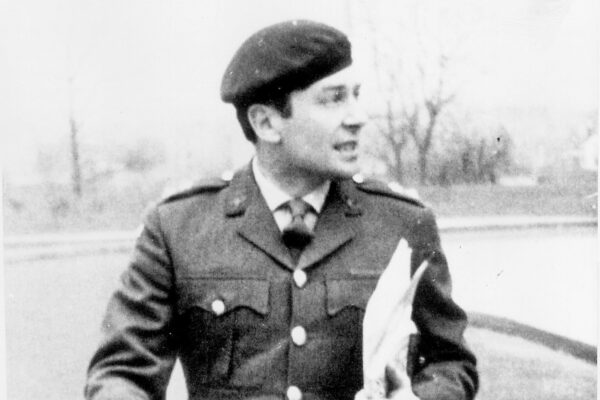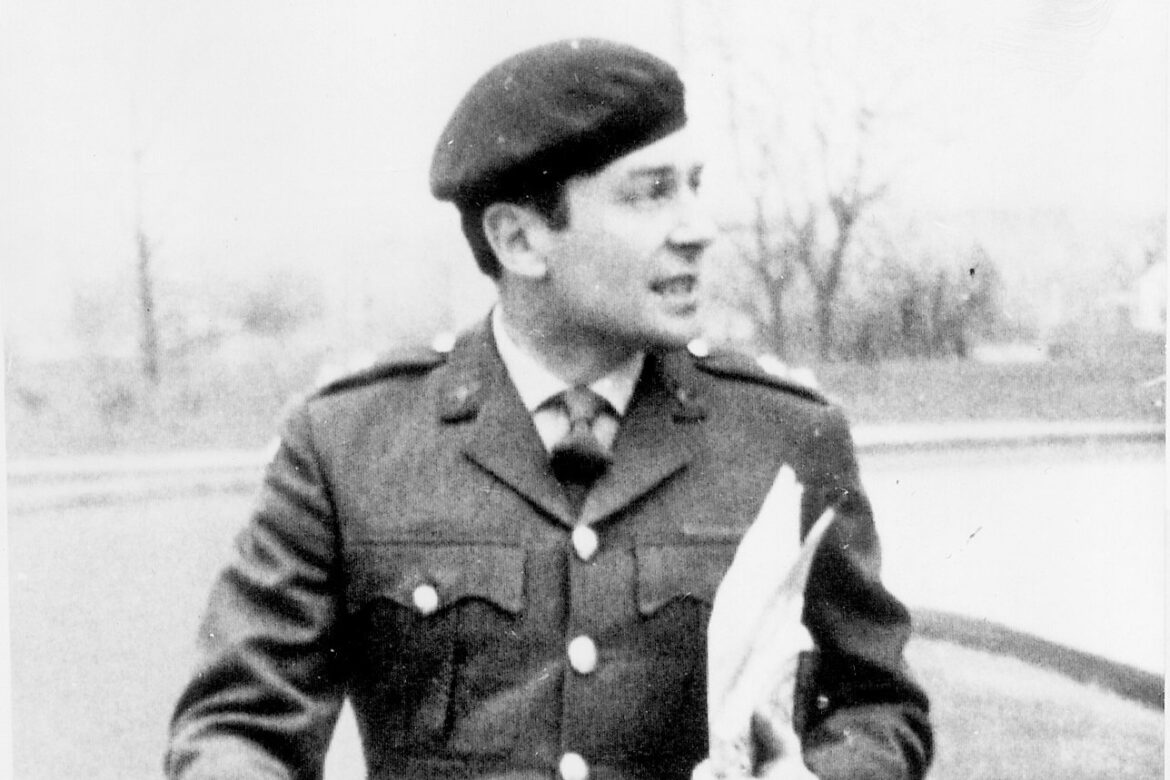
Derek Wilford commanded the Parachute Regiment on Bloody Sunday
He was aged 90.
Thirteen civilians were killed and over a dozen injured when members of the Parachute Regiment opened fire on civil rights demonstrators in the Bogside.
Wilford did not agree with the findings of the Saville Inquiry and maintained his men felt they were under attack and “remain convinced of that until the end of our days’’ during an inteview with the BBC’s Peter Taylor in 2019.
He added that Bloody Sunday “destroyed [his] world”.
The Saville Inquiry found that Mr Wilford had disobeyed an order from a superior officer who prohibited Wilford from sending troops into the Bogside.
According to the Times’s obituary he died on Friday after suffering from Parkinson’s disease.
Chairman of the Bloody Sunday Trust, Tony Doherty, whose father was shot dead on Bloody Sunday, said his death, “while felt by his family”, would not be mourned “by the families of the innocent men and boys whose lives were taken by armed British paratroopers on Bloody Sunday”.
He told BBC News NI: “Colonel Wilford lived in a constant state of denial, never once accepting any measure of responsibility for his actions on that fateful day.
“History, though, will ensure that his actions led directly to the deaths of many innocent people which, in turn, led to years of conflict and hardship for our communities.
“He left a terrible legacy and will rightly be remembered for that.”
Tags:





